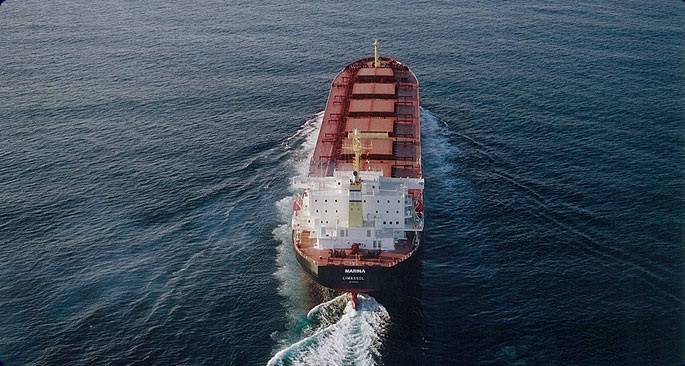Safe Bulkers, Inc., an international provider of marine drybulk transportation services, announced Thursday (Jun2) its unaudited financial results for the three month period ended March 31, 2016.
Summary of First Quarter 2016 Results
- Net revenue for the first quarter of 2016 decreased by 23% to $24.7 million from $32.1 million during the same period in 2015.
- Net loss for the first quarter of 2016 was $17.8 million as compared to $6.0 million, during the same period in 2015. Adjusted net loss1 for the first quarter of 2016 was $14.4 million as compared to $4.6 million, during the same period in 2015.
- EBITDA2 for the first quarter of 2016 decreased to $0.3 million as compared to $7.6 million during the same period in 2015. Adjusted EBITDA3 for the first quarter of 2016 decreased by 58% to $3.8 million from $9.1 million during the same period in 2015.
- Loss per share4 and Adjusted loss per share4 for the first quarter of 2016 were $0.25 and $0.21 respectively, calculated on a weighted average number of shares of 83,542,291, as compared to a Loss per share of $0.11 and Adjusted loss per share of $0.10 during the same period in 2015, calculated on a weighted average number of shares of 83,462,059.

Fleet and Employment Profile
As of May 27, 2016, the Company’s operational fleet, following two newbuild deliveries and two vessel sales, comprised of 36 drybulk vessels with an average age of 6.3 years and an aggregate carrying capacity of 3.3 million dwt. The fleet consists of 13 Panamax class vessels, 8 Kamsarmax class vessels, 12 Post-Panamax class vessels and 3 Capesize class vessels, all built from 2003 onwards.
As of May 27, 2016, the Company had contracted to acquire 5 eco-design newbuild vessels, comprised of two Japanese Panamax class vessels, two Japanese Kamsarmax class vessels and one Chinese Kamsarmax class vessel. Upon delivery of all newbuilds and assuming we do not acquire any additional vessels or dispose of any of our vessels, our fleet will comprise of 41 vessels, 14 of which will be eco-design vessels, having an aggregate carrying capacity of 3.7 million dwt.
Full report here
Source: Safe Bulkers